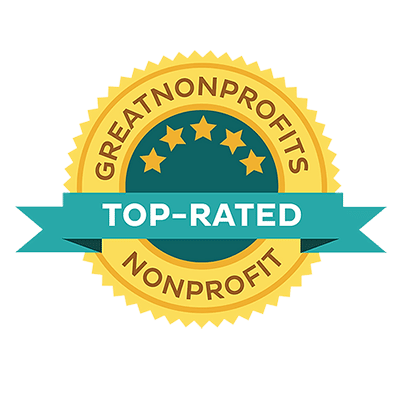By Stephanie MacDonald
Women in Ocean Science is a global network and community to inspire, connect and empower women in marine science. Marine biologists, conservationists, chemists, oceanographers and casual ocean advocates all have a space to share their stories, research and experiences, have their questions answered, and interact with like-minded marine scientists.
The organization was founded by Madeline St. Clair, an ocean advocate, tropical marine biologist (MSc) and PADI divemaster. Our mission is to celebrate women, strive for equality and diversity, tackle sexual harassment in the workforce and create resources and opportunities for women in ocean science.

Excerpt from Diversity in Ocean Science: A Collection of Personal Experiences by Black Women in Marine Science, A Foreword by Stephanie Macdonald
“As a tropical marine ecologist, I have spent countless hours surveying the reef and measuring diversity. Biodiversity measures help us to understand the health of an ecosystem. A diverse landscape provides vast environmental services and is indicative of an ecosystem that can recover from environmental challenges. Despite the focus of biodiversity in our work, we lack equity, diversity and inclusion in the workforce.”
Stephanie Macdonald is a marine biologist and conservationist who both focuses on the science of biodiversity while also advocating for increased diversity in marine science.

Excerpt from Marine Molecular Biology: An Interview With Yasmin Meeda
“Marine molecular biology is a broad field within the scope of marine biology, and while some scientists use molecular tools to answer ecological problems, others can use them to aid human technological advances. The main idea behind this field is that we, as scientists, use similar tools to other molecular biologists, but rather than studying mice, plants or humans, we study marine organisms. An overview of the different types of marine molecular biology research areas includes virology, genetics, microbiology and immunology.”
A marine molecular biologist, Yasmin Meeda expects that her field will both protect the oceans while also benefiting mankind, such as through pharmaceuticals or biofuels.

Excerpt from Marine Education: An Interview with Maisy Fuller
“What I love most about being a marine educator is watching how my students’ perspective of the environment changes throughout an education program. There is simply nothing more inspiring than watching students transition from not knowing or caring about the ocean to being passionate, educated and environmental stewards. I want to use my voice for this to teach people of all ages about the wonders of the underwater world and ignite their love for the environment. I hope every one of my students leaves my classes gaining new knowledge and feeling inspired to make a positive environmental impact.”
Maisy Fuller, a marine educator and conservationist, hopes to inspire the next generation to care for the environment.

Excerpt from Niki Cesta: How A Woman Inspired an Island with The Wasteland Plan
“One person or one small community can create a wave that is carried by global winds. From the ground up, let’s each work individually to live within the system for environmental change. Let’s each tackle this crisis creatively and de-vilify plastics. Be conscious of our personal consumption each day and begin to view the plastics that are already here to stay as a resource rather than a product in a wasteland. I have facilitated wasteland plan beach cleanups along 31 different coastlines within five other countries. Starting in Canada and moving in order through Little Cayman Island, Panama, Costa Rica and Italy.”
Niki Cesta routinely spends her weekends collecting plastic waste, inspiring the locals of Little Cayman to do more about the local plastic crisis.
Over the next year, our blog will showcase women in ocean science with diverse articles exploring the seven continents and five oceans, starting with North America and concluding with the Arctic. The blogs will focus on current research and discoveries in the field of ocean science, from marine microbiology to marine policy.
How to get involved and Join our community:
Website:
WomenInOceanScience.com
Instagram:
@WomenInOceanScience
Facebook Page:
Women in Ocean Science
Facebook Group:
Women in Ocean Science
Twitter:
@WomeninOceanSci
We are always looking for women to feature on our social media channels. Please send 1–5 photos of yourself partaking in ocean science and a short 100-word bio with your name and Instagram handle to [email protected].





